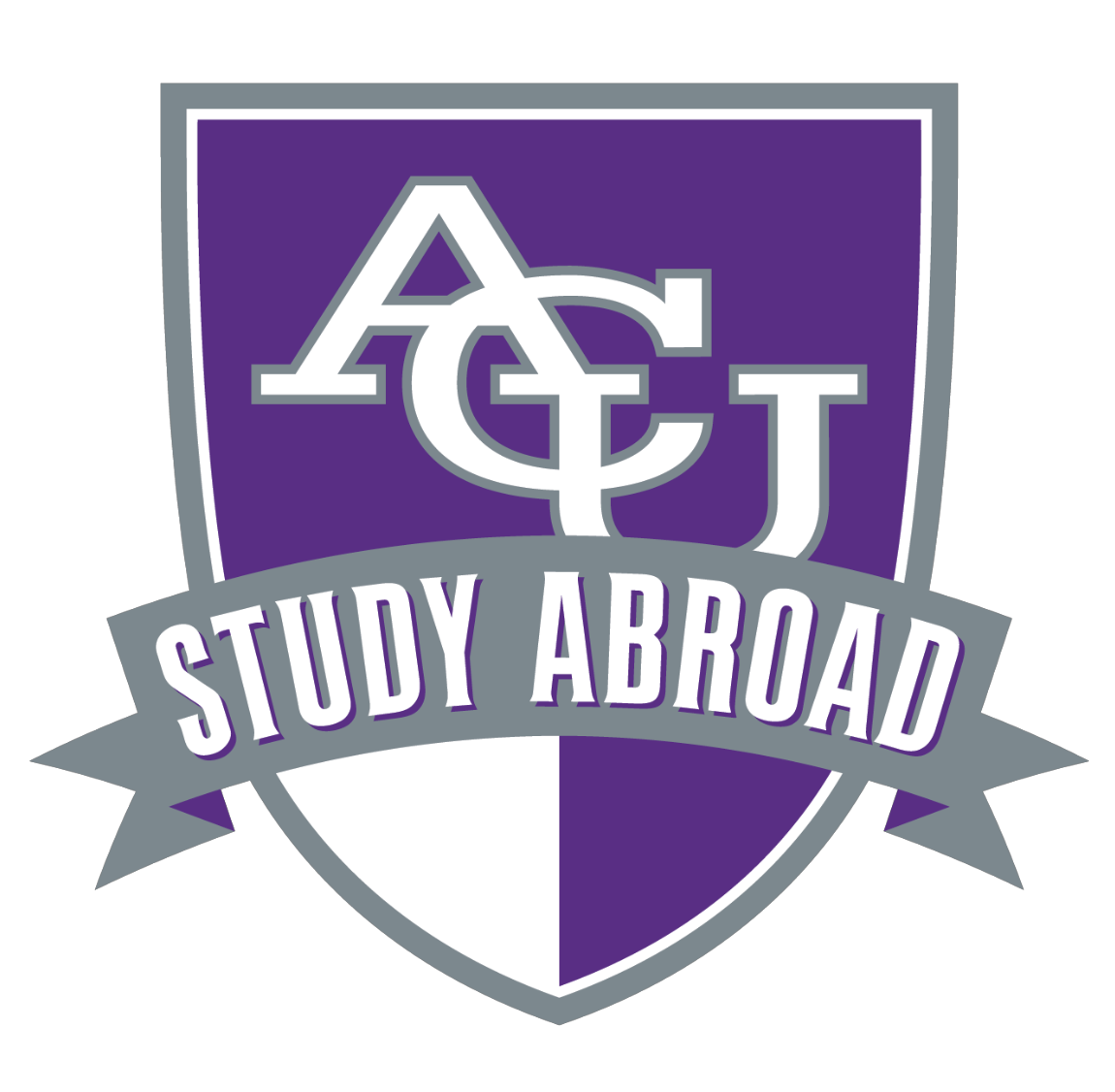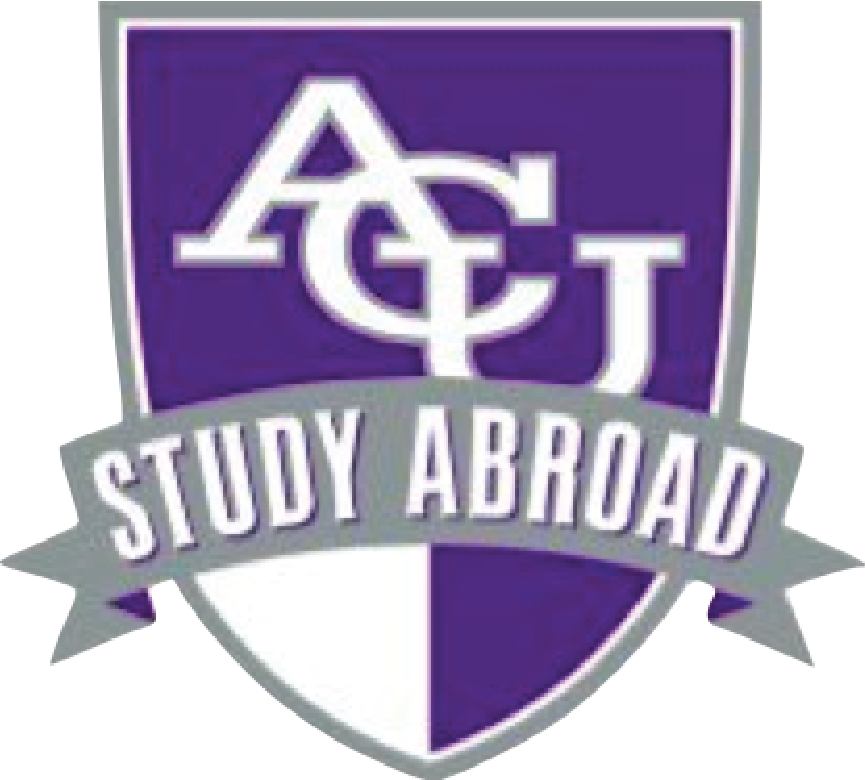
THE ROLE (ACADEMIC YEAR)
Because we seek to integrate the Faculty-in-Residence (FiR) into the life of the program in meaningful ways, there are several concrete aspects to the role:
We expect the Faculty-in-Residence to provide leadership and support. From the moment you touch down at your site, we would like you to be prepared to assist our local team and lead students.
1. Arrive early. As we transition to more professional operations in Study Abroad, we will progressively bring the FiR to their site one week early. We will use this time to allow you and your family to recover from jet lag, orient you to your host community, introduce you to fellow faculty members, and incorporate you into Orientation planning. This is an important time for you to meet our administrative team and discuss the vision for our program, logistics, and your unique role within it. This will be a busy time for you, so we ask you to show up ready to go!
2. Welcome the RAs. Student Resident Advisors (RAs) will also arrive early to allow program administration and FIR to cultivate a strong working relationship and to communicate program expectations before the rest of the group arrives. As a part of this, you will prepare dinner for the RAs in your apartment during orientation - this will allow you time to get to know the RAs on a personal level and share your vision for spiritual life in the program.
3. Lead the Opening Welcome. The first evening that students arrive for the term, we ask you to lead the group in an 8-10-minute “Welcome” which will set the tone/direction for the year. While each FiR crafts this in their own way (so please feel free to play to your strengths!), this is typically a fairly light and encouraging talk that often that includes a story from the FiR's life. What are you passionate about? What hopes do you have for the student experience? What should the group aspire to? This is a great way to begin establishing your leadership, shaping students' expectations of the year, letting students know who you are, and sharing your gifts with students.
4. Attend House Leadership Meetings. Each week, the Program Director will facilitate a meeting with the FiR (and the FiR's partner, if applicable), and the RA(s). This will be a chance to assess the previous week, plan for the coming week, and address community challenges. It will also be a time of personal growth - to reflect on the meaning and practice of Christian discipleship, service, and leadership. We urge the FiR to actively participate in this meeting by reporting on the well-being of students and the community, sharing about how House Church is operating, and offering assistance to address problems.
5. Provide information to the ACU IP Disciplinary Committee (IPDC). At times, students violate community standards of a more serious nature, which requires the Executive Director of International Education to convene the IPDC. This committee is usually made up of the Executive Director of International Education and the Dean of Student Life. During committee hearings, the FiR may be expected to provide information or give insight to aid the committee’s deliberations.
We expect the Faculty-in-Residence to provide spiritual leadership and mentorship to students. Through their leadership in our weekly House Church experience or through informal, mealtime conversations with students, the FiR has the potential to be a major part of the spiritual formation process abroad. By virtue of their age, many students are wrestling with doubt, vocational discernment, sexuality, relationships with family, and significant pressure to succeed. As respected teachers and "house parent(s)" of sorts, your gentle guidance in listening and speaking faithfully to those who seek you out will be a tremendous part of student growth abroad.
1. Weekly House Church. Each week, you will organize and lead a church service for students. This typically occurs on Monday evening at 8:30pm and functions as a time to welcome students back from their weekend travels, hear reflections from their travels, and nourish an authentic and vibrant spiritual community. Please view the FiR Spiritual Life page for more information and resources in House Church. While the other staff may attend House Church occasionally, you will have sole leadership over this program.
2. House Meeting. Once per semester, the FiR has the opportunity to address the students in a weekly House Meeting. The FiR are encouraged to make their devotional relevant to students, reflecting on matters that lie at the intersection of their passions, students' lives, and the Christian message. This is most effective when the FiR authentically share who they are and "play" to their strengths.
3. "Table Time." During the course of a semester, the FiR spends hours with students over meals. Rather than viewing this informal time as wasted, FiR should understand that these are often some of the most rewarding and transformational moments for students. Through hearing students' stories, sharing their own stories, reflecting together, and showing how the Christian message influences the way life is understood, FiR create a living-learning community that fosters holistic learning and spiritual growth.
4. Thursday Dinner. Often, the FIR will make dinner every other Thursday night for a small group of students (4-6) in the FiR apartment. This is the perfect opportunity to get to know students individually.
We expect the Faculty-in-Residence to be involved in the academic life of the program.
1. Course selection. While abroad, many students feel that they are cut off from main campus and its resources. This can be disconcerting, especially when it comes to their academic plans, so the FiR can assist students in important ways. Twice during the academic year, students register for classes. We ask the FiR to have special office hours during this period for students who want to discuss their academic planning, consider course options, and clarify policies. Part of your role may be to push students to speak with their advisor on the Abilene campus.
2. Vocational discernment. As students look toward their Junior or Senior year, consider what type of summer internships to pursue, and consider whether to go to graduate school after their undergrad program is complete, they often need someone to offer advice rooted in experience - this is a perfect time for the FiR to intentionally set aside time to talk this through with the student.
3. Faculty meetings. Periodically, program faculty meet. The FiR should attend these meetings, not only to know what is happening in the program but also to make an effort to get to know the permanent local faculty. The partner of the FiR is welcome to attend the dinner that precedes the meetings, as it is a great opportunity to get to know the local faculty team.
We expect the Faculty-in-Residence to be involved in administrative support.
1. Excursion assistance. Each semester, each program organizes multiple excursions and a week-long Educational Field Trip (EFT). While the logistics of these trips are organized far in advance, student guidance is essential to the success of the trip. We need the FiR to envision themselves in the role of leaders (and not participants) and to work with the Program staff in managing students. This may require the FiR to make announcements, track down missing students, ask talkative students to listen to the tour guide, count students on a bus to know if everyone is accounted for, or remain at the hotel with an ill student. Asking local staff how to be helpful is the best way to know how you can contribute meaningfully to this important part of the educational experience.

